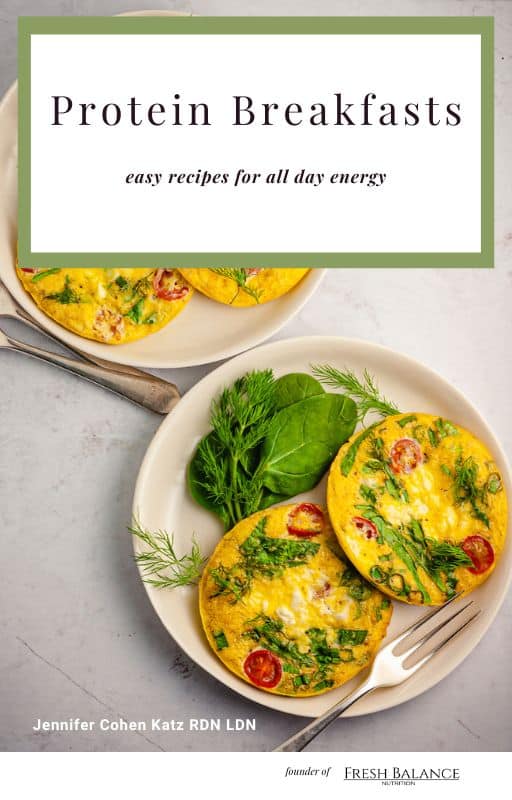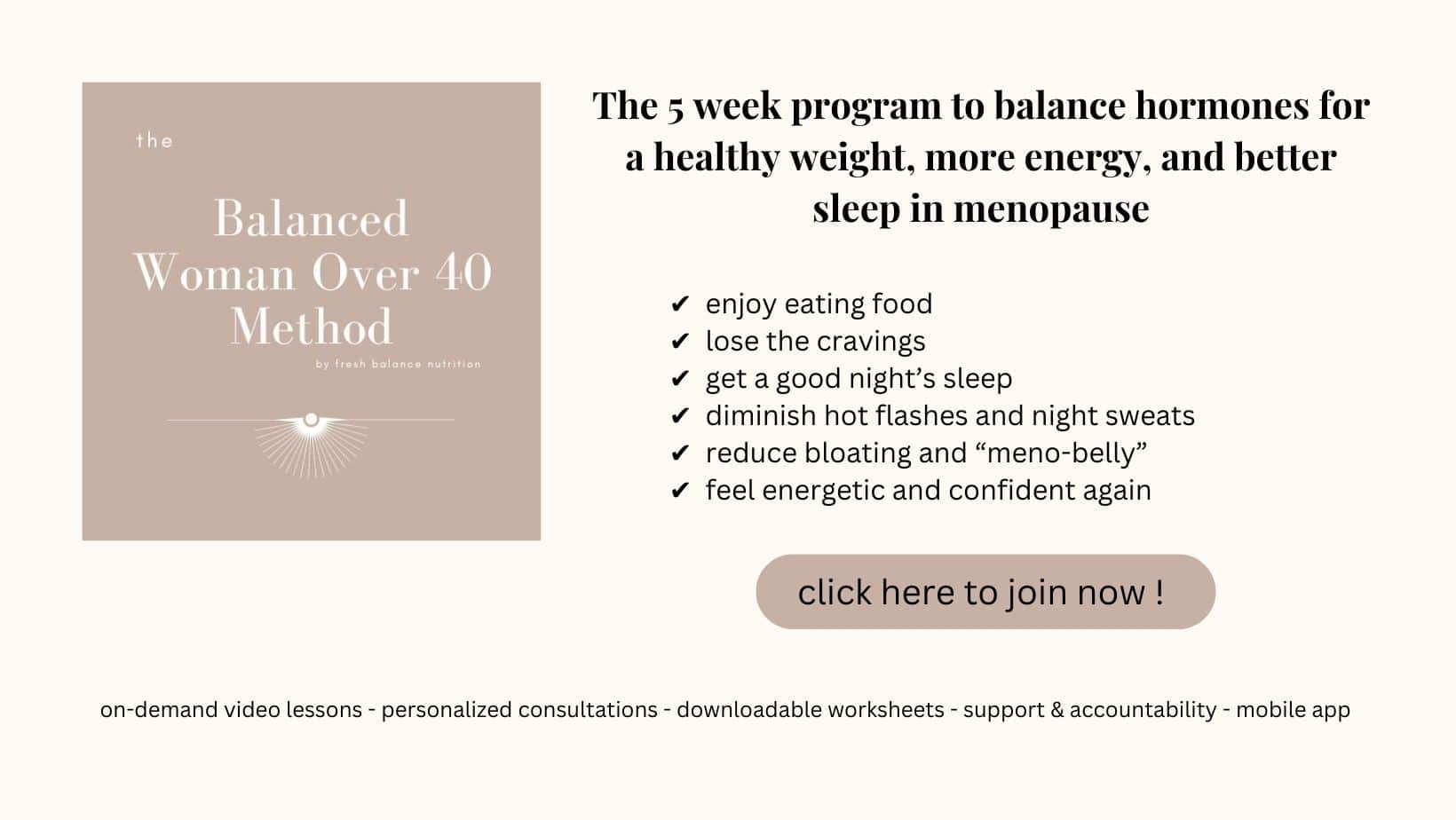So you’re suffering with symptoms like stubborn extra weight, hot flashes, thyroid problems, and high cholesterol. There is a connection between insulin resistance and menopause symptoms. We need to know what to do about it.
What is insulin resistance
Insulin is actually a hormone responsible for managing how your body uses the glucose from the food you eat. After a meal your blood glucose rises. Insulin is released to store the glucose you don’t need to use immediately. When insulin is working well it escorts glucose from your blood stream into muscle, fat, and liver cells.
When insulin is not balanced the result is abnormally high levels of both glucose and insulin in the bloodstream. High insulin levels can make you feel tired and bloated. You may have hot flashes and sugar cravings.
It is challenging to lose weight in menopause. Even if you think you are eating well and exercising it can still be frustrating. High insulin levels can be to blame and weight gain makes insulin resistance even worse.
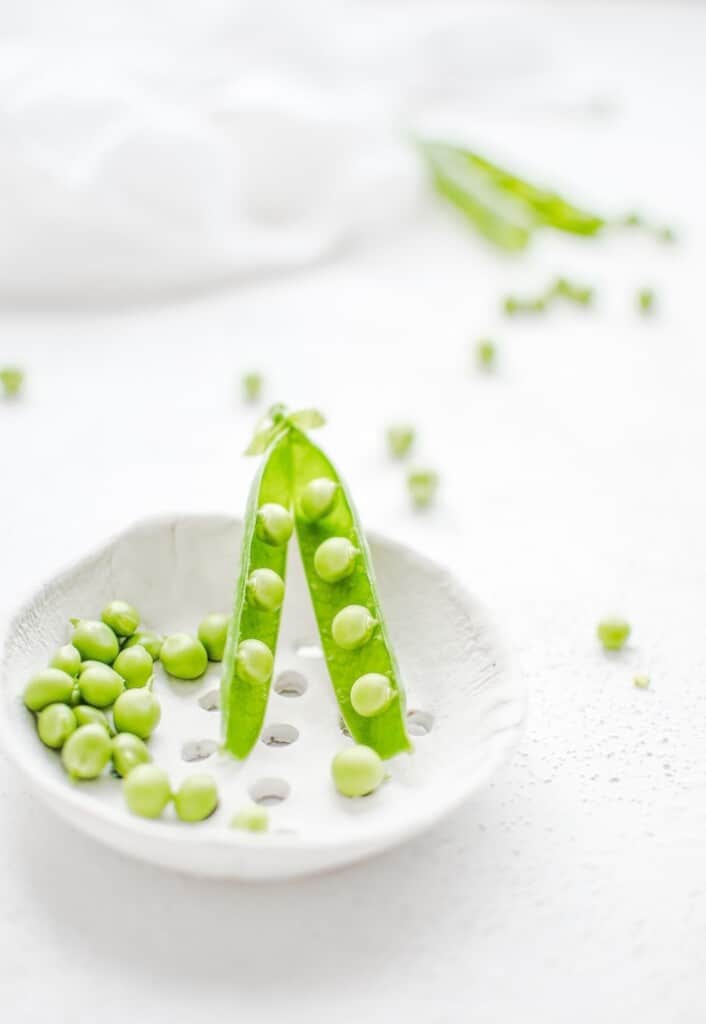
Why is it a concern in menopause
When our estrogen levels plummet as we transition into menopause there is a shift in insulin regulation and metabolism. Now our pancreas is pumping out more insulin in response to rising blood sugar. But it isn’t being transported into our cells as efficiently.
Over time, the cells simply can’t keep up. They stop responding to the insulin signal and become “insulin resistant”. As a result the body is forced to release even more insulin to try and clear out the excess of glucose.
You may notice your glucose level trending up on lab reports. High glucose and insulin levels lead to chronic inflammation. Without making lifestyle changes the results could be weight gain, type 2 diabetes, heart disease, non-alcoholic fatty liver disease, polycystic ovarian syndrome (PCOS), metabolic syndrome, and breast cancer.
How to eat to keep blood sugar balanced
Insulin resistance occurs when you eat meals made up of mostly refined sugar and grains (think doughnuts, cookies, white rice, white bread, etc) – foods that contain very little fiber and consist of sugars that quickly enter the bloodstream as glucose. Our body has to release high levels of insulin to keep all that glucose in the bloodstream from remaining there.
We want our bodies to be insulin sensitive. How do we become more sensitive to insulin and control glucose metabolism in a balanced way? Diet and lifestyle changes can improve this unhealthy picture pretty quickly.
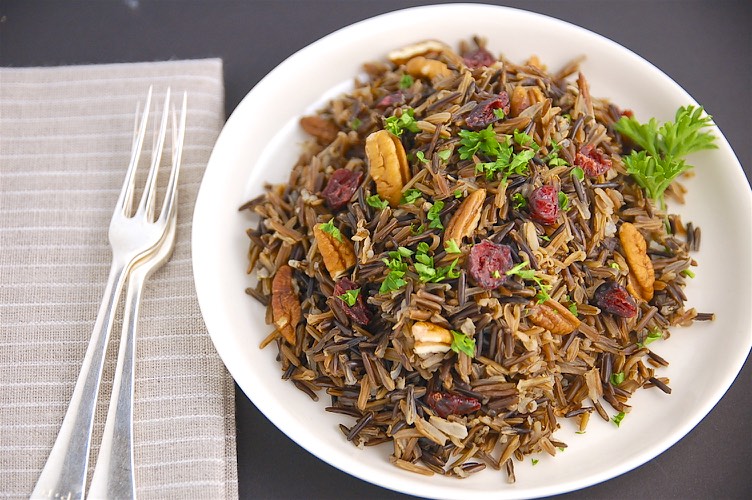
- eat foods that won’t cause a big blood sugar spike like vegetables, a moderate amount of fruit especially lower sugar fruits like berries, green apples, pears, avocados, and coconuts.
- watch your portion sizes. Don’t overwhelm your digestive system with large amounts of food to digest all at once.
- include small amounts of healthy plant fats in meals to help slow the absorption of glucose – olive oil, coconut oil, avocados, seeds and nuts and their butters.
- make sure your meals and snacks have some protein and lots of fiber which both help your body manage insulin sensitivity. My Vegan Spinach Artichoke Dip has both and is easy to make for a snack.
- unrefined grains like quinoa, rolled oats, millet, wild rice, and amaranth are high in fiber and can be part of a plan to increase insulin sensitivity. I work with my clients to decide how much their body can tolerate without throwing off their metabolic balance.
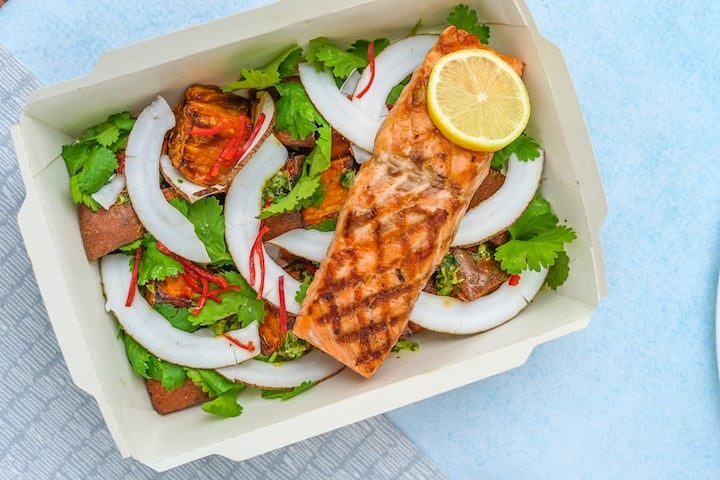
What are other ways to balance blood sugar
- regular exercise can help regulate metabolic function and support hormonal balance.
- keep moving throughout the day. Maybe you do a workout in the morning or afternoon. Great! but don’t sit for the rest of the day. Take a stroll after meals. Break from sitting at your desk periodically to do some air squats or push ups.
- Lift weights. Strength training a minimum of 2 times a week improves insulin resistance and decreases inflammation.
Are you looking for meal planning ideas to manage insulin resistance and blood sugar in menopause? Take a look at my 7-Day Perimenopause Meal Plan. I created a done-for-you resource including 28 nourishing recipes that are dietitian-approved!



